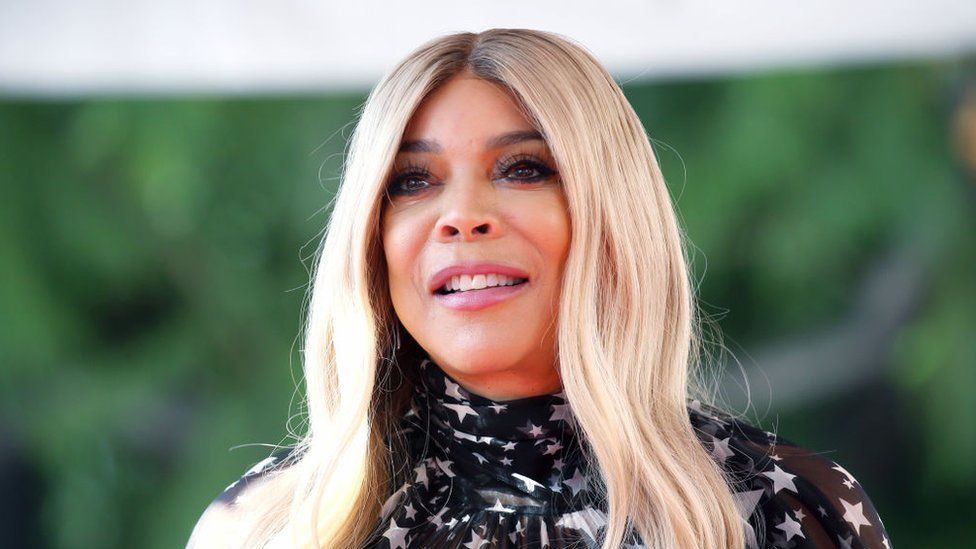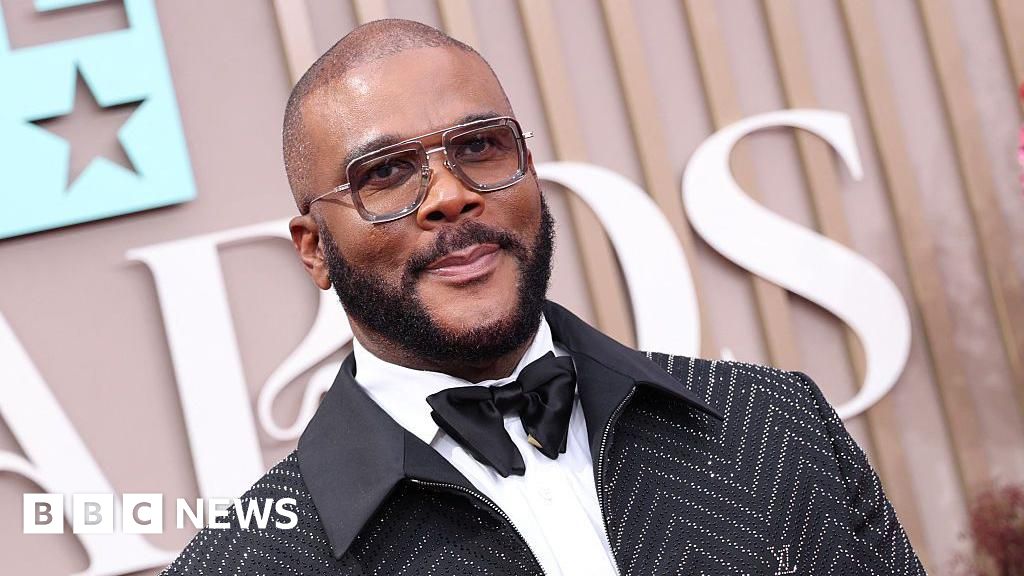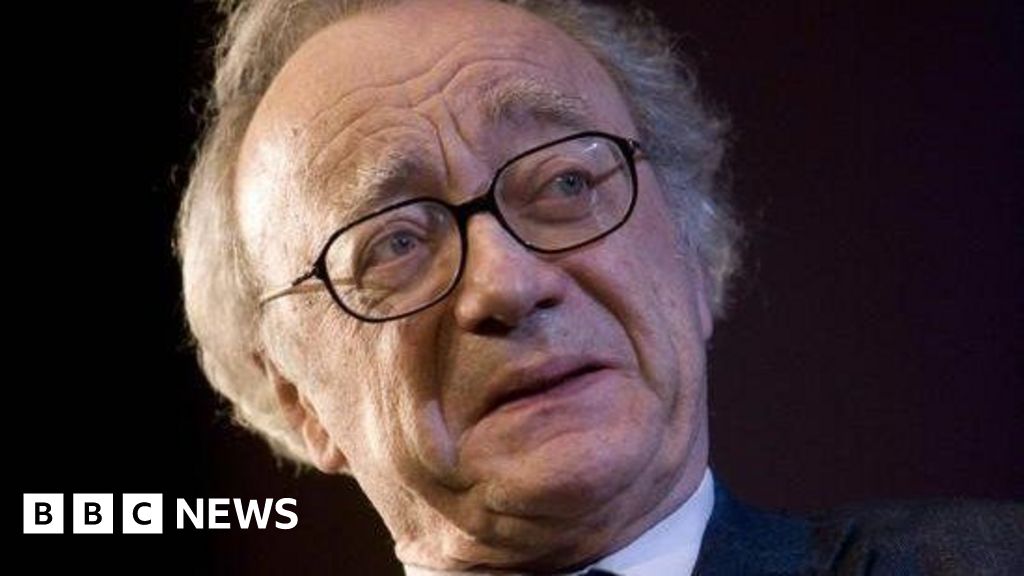ARTICLE AD BOX
 Image source, Getty Images
Image source, Getty Images
Wendy Williams says she continues to need "personal space and peace to thrive"
By Charlotte Gallagher
Culture correspondent
Former US talk show host Wendy Williams has thanked fans for their support over her dementia and aphasia diagnosis.
Williams, 59, said their response had been "overwhelming" and she had "immense gratitude for the love and kind words" received.
In a statement released to the Associated Press, the star said the messages had reminded her of "the power of unity and the need for compassion".
She hosted the nationally syndicated Wendy Williams Show for over a decade.
It ended in 2022 amid the health struggles she has been facing.
Her care team announced her diagnosis on Thursday "to correct inaccurate and hurtful rumours about her health".
A statement said: "As Wendy's fans are aware, in the past she has been open with the public about her medical struggles with Graves' Disease and Lymphedema as well as other significant challenges related to her health.
"Over the past few years, questions have been raised at times about Wendy's ability to process information and many have speculated about Wendy's condition, particularly when she began to lose words, act erratically at times, and have difficulty understanding financial transactions."
The care team added the diagnosis was confirmed by "a battery of medical tests" last year.
Image source, Getty Images/Paras Griffin
Image caption,The Wendy Williams show was hugely popular in the US
Aphasia is a nervous system syndrome that affects the ability to communicate, with patients often struggling to express thoughts and even losing their ability to speak or write.
Frontotemporal dementia (FTD) is an incurable brain disorder caused by damage to the left side of the brain that affects language and communication abilities. Its symptoms, which get worse over time, can be managed but there is no treatment that can slow or prevent their progression, the National Institutes of Health say.
The rare disease tends to strike people at a younger age than other forms of dementia, with most diagnosed between the ages of 45 and 64 years old.
Hollywood star Bruce Willis also suffers from aphasia and frontotemporal dementia - the conditions meant he had to give up his acting career.

 1 year ago
61
1 year ago
61








 English (US) ·
English (US) ·